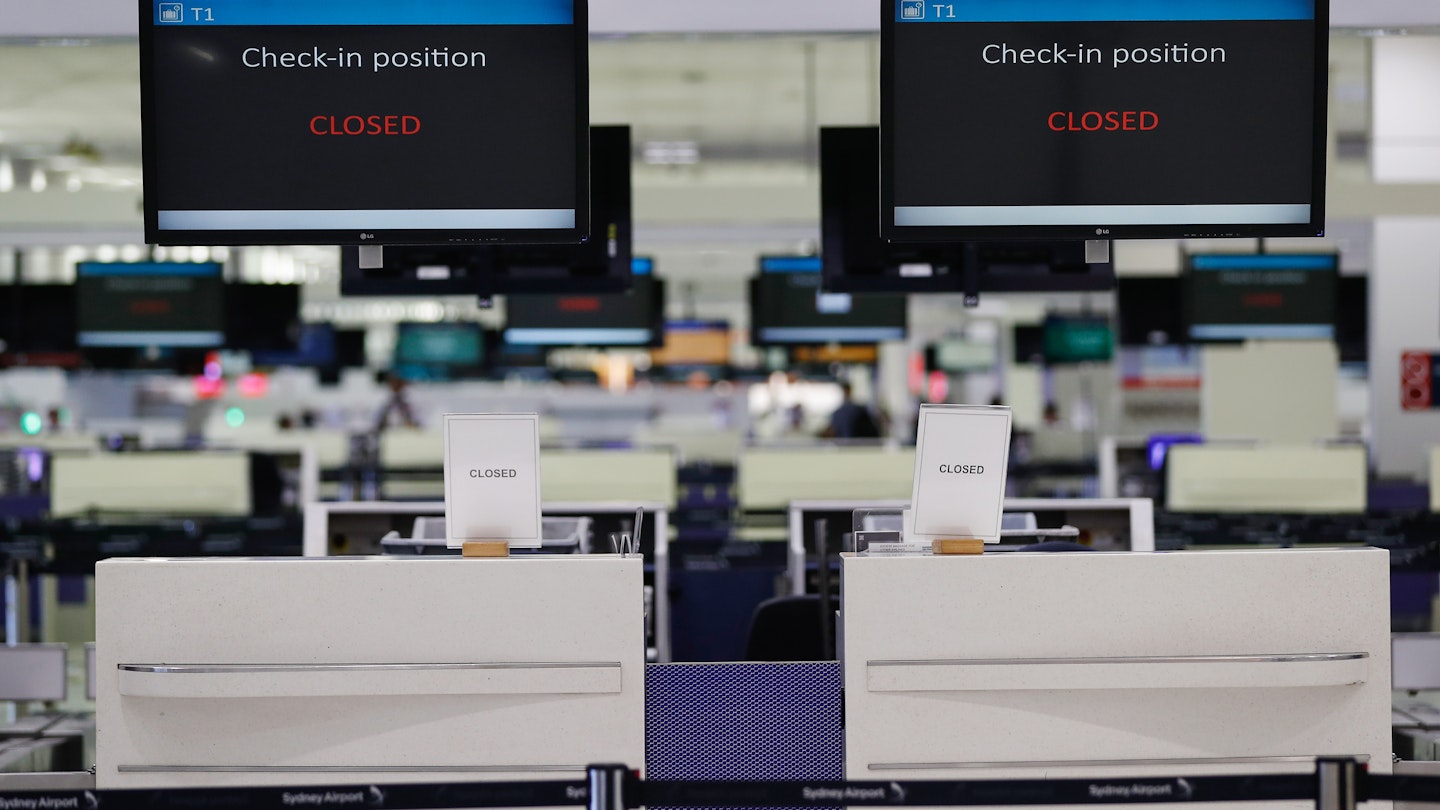Understanding Travel Amidst COVID-19 Restrictions
As borders close amid the coronavirus COVID-19 pandemic, most countries are advising their citizens against all but essential travel—or any travel at all. But what exactly does that somewhat vague phrase “all but essential” mean? Essentially, it indicates that travel is highly discouraged, and if you choose to travel, your government may not be able to assist you in case of an emergency.
Government Travel Advisories
As of 17 March, the UK and US governments are urging their citizens against “all but essential travel.” The UK Foreign Office issued a “COVID-19 Exceptional Travel Advisory Notice,” advising British nationals against all but essential international travel.
The FCO stated: “Sometimes we say that only essential travel is advised. Whether travel is essential or not is your own decision. You may have urgent family or business commitments to attend to. Circumstances differ from person to person. Only you can make an informed decision based on the risks.”
Traveling for a vacation to any destination is not considered “essential” by any reasonable definition and, in the wake of the COVID-19 pandemic, it is irresponsible. However, there is some good news: airlines may allow you to change your destination or receive a refund for future travel, and insurance companies will often cover your costs if unforeseen issues arise. Here’s how that works:
What If I Decide to Still Go on Holiday?
Choosing to travel during this period is a bad idea—not only because you might be in danger with most countries closing their borders but also due to limited sources of help in emergencies. For example, consular staff overseas are often withdrawn when situations escalate.
While you may still expect assistance from your country’s consulates and embassies—or those of other EU countries if you’re an EU citizen—this assistance may be limited, especially in urgent situations like needing evacuation. It’s essential to note that some countries require citizens to bear part or all of the evacuation costs, and the process is unlikely to be straightforward. With many countries suspending commercial flights and closing land and sea borders, travelers may face uncomfortable conditions, possibly being evacuated on freighter aircraft with extensive waiting and making their own way home. Moreover, a quarantine period of roughly 14 days may be expected upon arrival.
What Does This Mean for My Flights?
When travel warnings like this are issued, responsible airlines typically provide what are known as “waivers.” These waivers might offer full refunds, the option to change your travel dates (usually within specified parameters), or occasionally, the ability to alter departure and arrival airports.
These waivers are not guaranteed; however, it’s wise to monitor your airline’s social media for updates, and perform quick online searches, as numerous travel blogs consolidate this information. If you decide to take advantage of a travel waiver, it’s generally best to attempt this online initially. If you need to reach out directly, expect considerable wait times due to high call volumes. If the first representative cannot assist you, kindly thank them and consider trying again with another agent who might provide better support.
Flight Cancellations and Regulations
If your flight is canceled, most airlines will strive to ensure you reach your intended destination, but regulations on their obligations can differ globally. Flights departing from the EU or operated by EU airlines are subject to the EU261/2004 regulations, which are favorable to travelers. Airlines may suggest utilizing your travel insurance to claim any refunds or alternate arrangements. Always ensure that you keep detailed written records and account notes with names and any staff identification of those you communicate with at both the airline and insurance provider.
If you’ve arranged a package holiday, you may have additional rights to modify or cancel due to package travel laws, depending on the country where you booked the trip.
Travel Insurance Considerations
While I’m not a legal expert, most travel insurance policies apply a “reasonable person” test. This essentially implies that traveling against government guidance is likely not reasonable. Consequently, most travel insurance providers expect travelers to heed their respective government’s advice regarding travel restrictions.
Travelers with U.S. policies will typically adhere to guidance from the State Department, while those in the UK will follow the Foreign and Commonwealth Office. If you are considering international travel, it’s advisable to reach out to your insurance provider for clarification. Should you perceive your travel as essential, I recommend obtaining written confirmation from your travel insurance provider that coverage will remain valid during your trip. Continually confirm this up until your departure date to ensure clarity.
This article reflects ongoing developments surrounding travel during the pandemic and aims to assist travelers in navigating their options safely.




